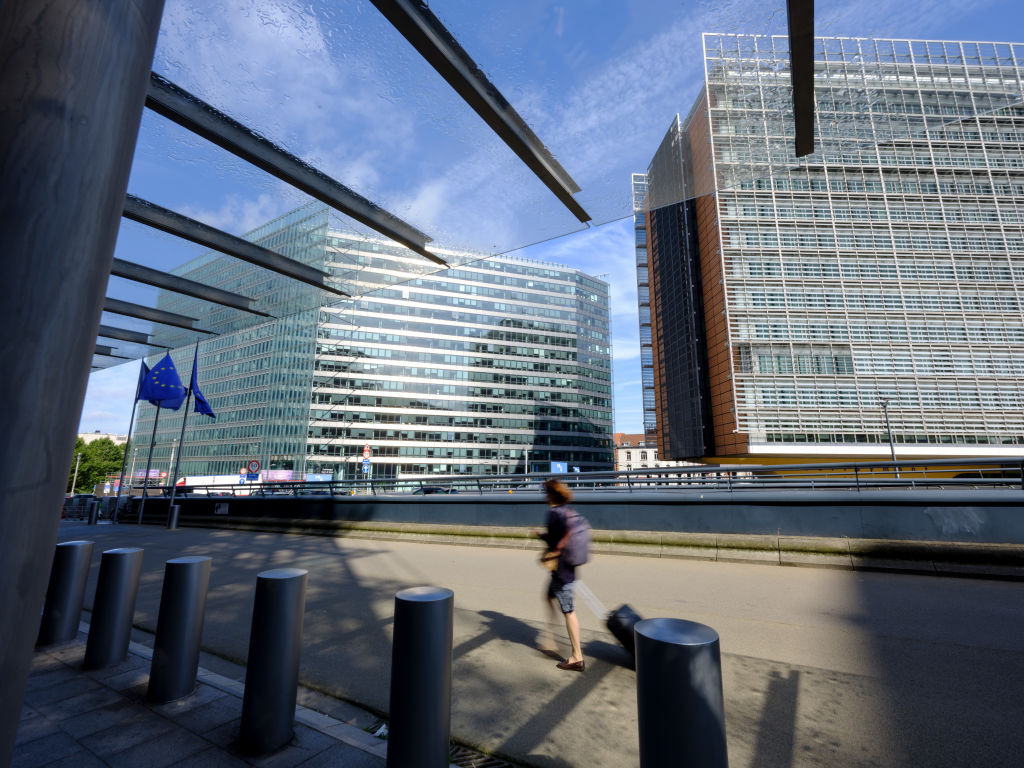The European Union has held a so-called “cybersecurity exercise” aimed at toughening defences against possible attempts to interfere in the bloc’s 2024 elections.
Institutions from across the EU took part in the drill amid fears that the likes of Russia or China could try to disrupt the electoral process to further undermine confidence in the union.
Brussels said that the exercise was designed to enable experience-sharing between EU institutions in preparation for possible election hacking attempts.
“European democracy and the European elections, in particular, are faced with serious hybrid threats ranging from cyberattacks and other cyber-enabled incidents to disinformation and information manipulation,” said European Parliament Vice President Dita Charanzová.
The RENEW MEP added that the drill has allowed the EU to “test and strengthen” its response to foreign attempts at interference.
Senior officials from within the European Commission also played up the importance of the exercise, with the body’s so-called “digital enforcer” Thierry Breton insisting on the EU being a lynchpin in defending European democracy.
“Cyberattacks and disinformation are a threat to democracies,” the pro-online censorship official said.
“It is vital that EU institutions and Member States safeguard trust in the integrity and legitimacy of the European elections and this means working together to build up our cyber resilience in the run-up to the 2024 European elections.”
A digital rights NGO says the European Commission broke its own laws with a recent Twitter campaign. https://t.co/bdEmha6633
— Brussels Signal (@brusselssignal) November 16, 2023
While politicians in Europe remain concerned about possible attempts to disrupt elections through hacking, direct cyberattacks against European infrastructure is viewed as one of the more minor threats facing the coming 2024 EU vote.
Instead, issues to do with foreign propaganda and “disinformation” have been the major worry for many Eurocrats.
Since former US President Donald Trump’s victory in 2016, politicians have made numerous attempts to regulate digital speech under the auspices of fighting fake news online. The Brussels’ Digital Services Act (DSA) represents the latest EU crackdown.
It was recently revealed that the EC used targeted advertisements on X to try to shift public opinion regarding a controversial child-protection law in some states.
Apart from being described as a violation of the separation of powers within the EU by some critics, at least one NGO said it believed the campaign violated European law on targeted advertising.
According to the group, the EC’s propaganda push was designed in such a way as to not appear for those the X algorithm perceived as interested in Christianity or Conservative politics.
Under the bloc’s GDPR rules, both political and religious affiliations are protected and cannot be used as part of targeted advertising campaigns.
China’s President Xi Jinping has expressed hope that his French counterpart Emmanuel Macron will help rebuild his country’s relationship with the European Union. https://t.co/BqZNIHmFgS
— Brussels Signal (@brusselssignal) November 20, 2023





